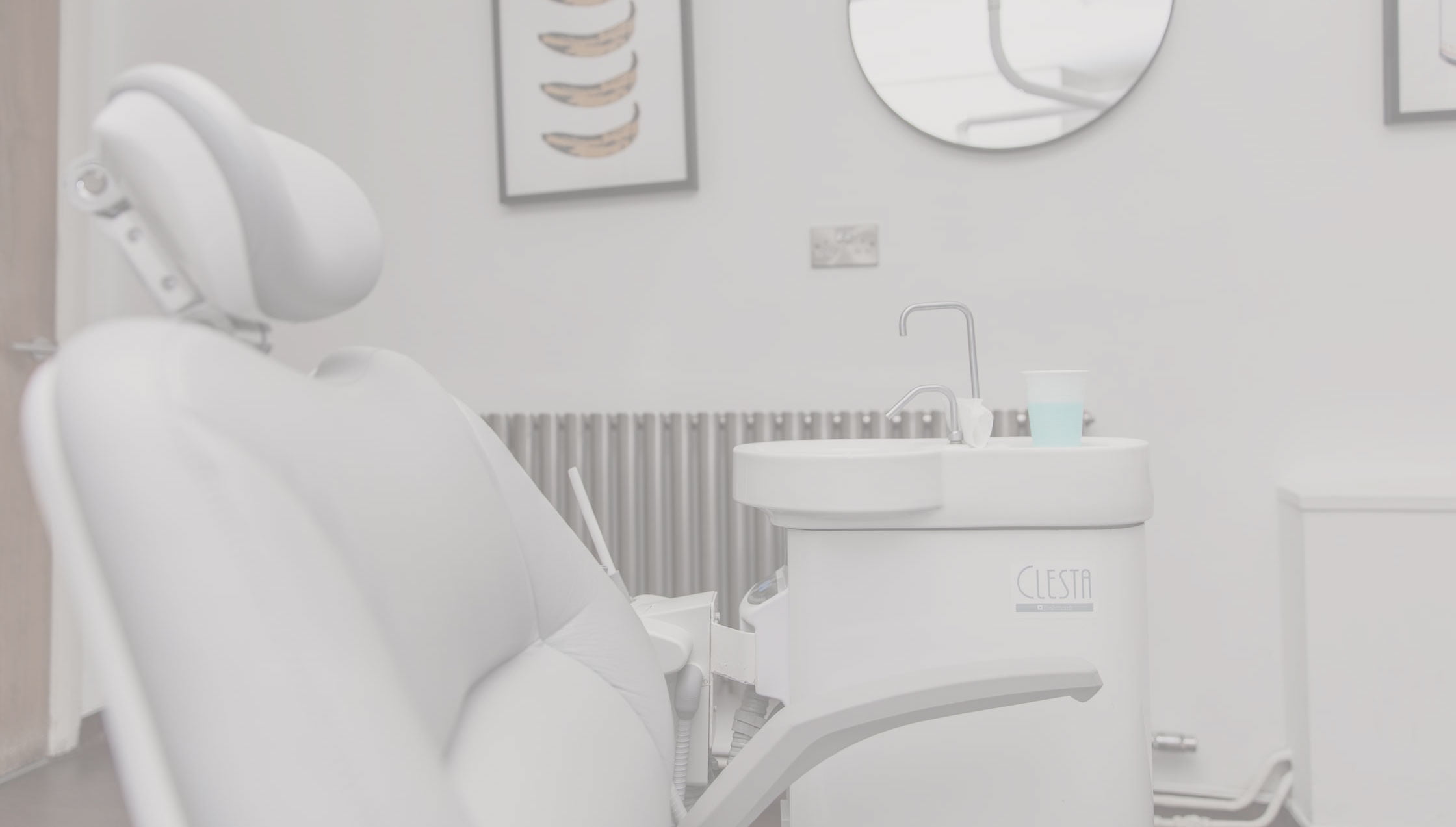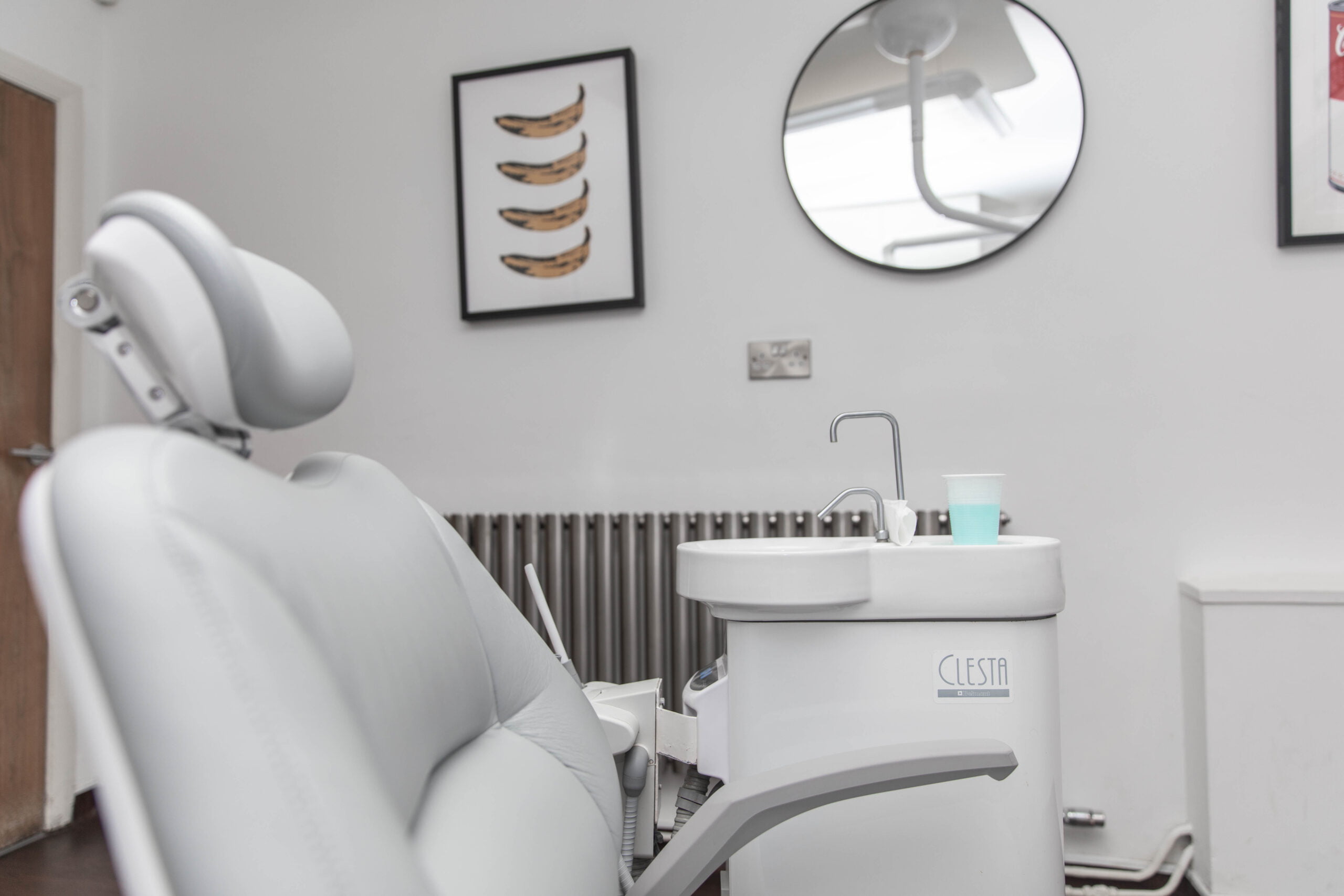Teeth clenching and grinding, also known as bruxism, can be incredibly debilitating and painful. It can lead to pain, worn teeth, neck ache, sensitivity, and severe migraines. You may clench your teeth unknowingly during your sleep, or find it occurs while you are awake, especially during stressful periods. Both children and adults can be affected, although the condition is most common in adults over the age of 25. Luckily, there are ways we can help.
There are many factors that can lead to teeth grinding, with patients often suffering from more than one lifestyle, psychological or genetic contributors. Normal chewing and eating do not cause excessive tooth wear, pain or damage, but bruxism can be very destructive, putting your teeth and gums under huge amounts of pressure.
Bruxism can occur when you are asleep or awake. Anxieties and worries about work, home or other issues can manifest into teeth grinding while you are asleep, sometimes causing you symptoms including neck and jaw pain on waking, worn tooth enamel, and headaches. Some patients grind their teeth during the day and this often occurs in more stressful situations.
Want to learn more? Book a consultation today
Find out moreAt Burgess Hill Dental, we can provide you with a variety of options to help reduce the symptoms of bruxism. Dickon Adams has undertaken postgraduate training relating to splint therapy and TMJ treatment, improving his skills and knowledge in this area.
Myofascial release therapy
Dickon has recently started to use myofascial release therapy to improve pain and tightness caused by fascial restrictions and trigger points. This treatment can be used to relieve head, neck and face pain and stiffness, joint clicking, restricted mouth opening, and headaches. By working to release the affected muscles and soft tissues, we can see an immense improvement in these symptoms for many patients.
Sleep Clench Inhibitor (SCi)
The Sleep Clench Inhibitor (SCi) is a bespoke splint appliance designed to be worn during the night to prevent you from grinding your teeth as you sleep. It keeps your upper and lower arches of teeth separate to avoid clenching or grinding and prevent damage. The SCi is used in the short term when you have an acute onset of symptoms. It is comfortable and easy to wear.
Michigan / Tanner splint
The Michigan splint is a more long-term and predictable appliance. It is made of hard plastic and covers all of your upper or lower teeth, helping to minimise clenching and grinding as well as protecting your teeth from damage. The splint is completely bespoke, tailor made to your exact requirements for a very accurate fit. It ensures your teeth come together evenly, reducing the pressure and stress on your muscles that cause pain and other symptoms.
You may be able to tell you are subconsciously grinding your teeth if you are suffering from consistent jaw or neck pain, headaches, tooth sensitivity, fractured teeth or tiredness due to disrupted sleep. Talk to your dentist during your regular check up appointment, as they will be able to confirm this. Your dentist may also be able to spot you are grinding your teeth if they notice your teeth are worn or damaged in a certain way. It’s important to be aware if you are suffering from bruxism, as we can then help to prevent the effects.
Yes, teeth grinding can significantly damage your teeth. The pressures of clenching and grinding your teeth together exerts excessive and harmful forces, wearing away the enamel, causing sensitivity and even cracking or breaking the teeth.
The short-term symptoms of bruxism include:
If bruxism is unnoticed, or left untreated, more serious symptoms can occur, which will need more complex treatment. These include:
We’re here to help if you need us. Get in touch today - we’re looking forward to hearing from you!
Book your next appointment today

